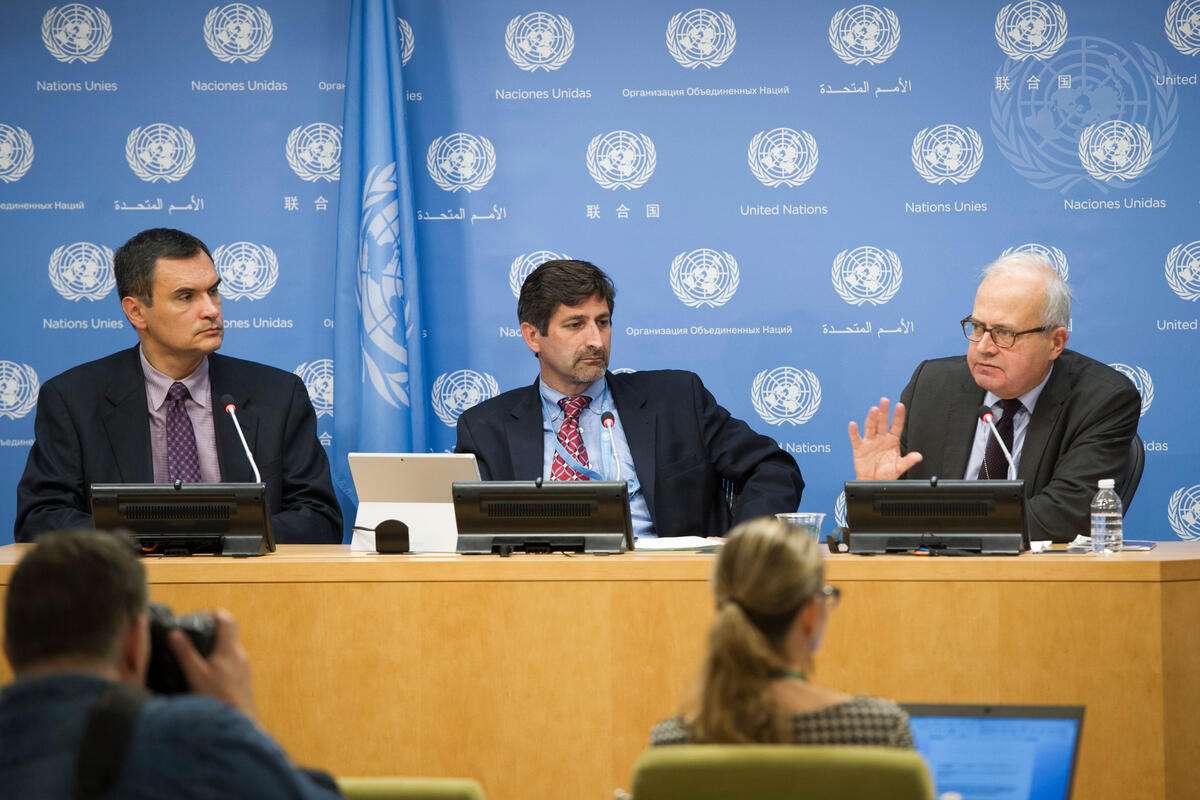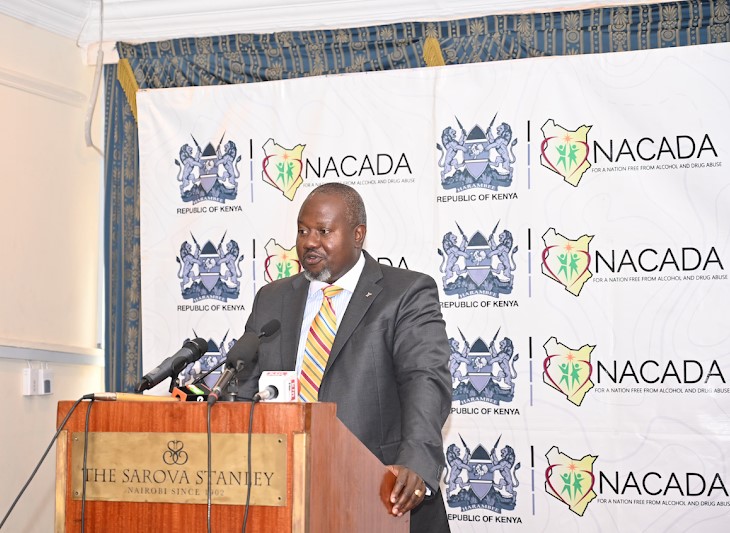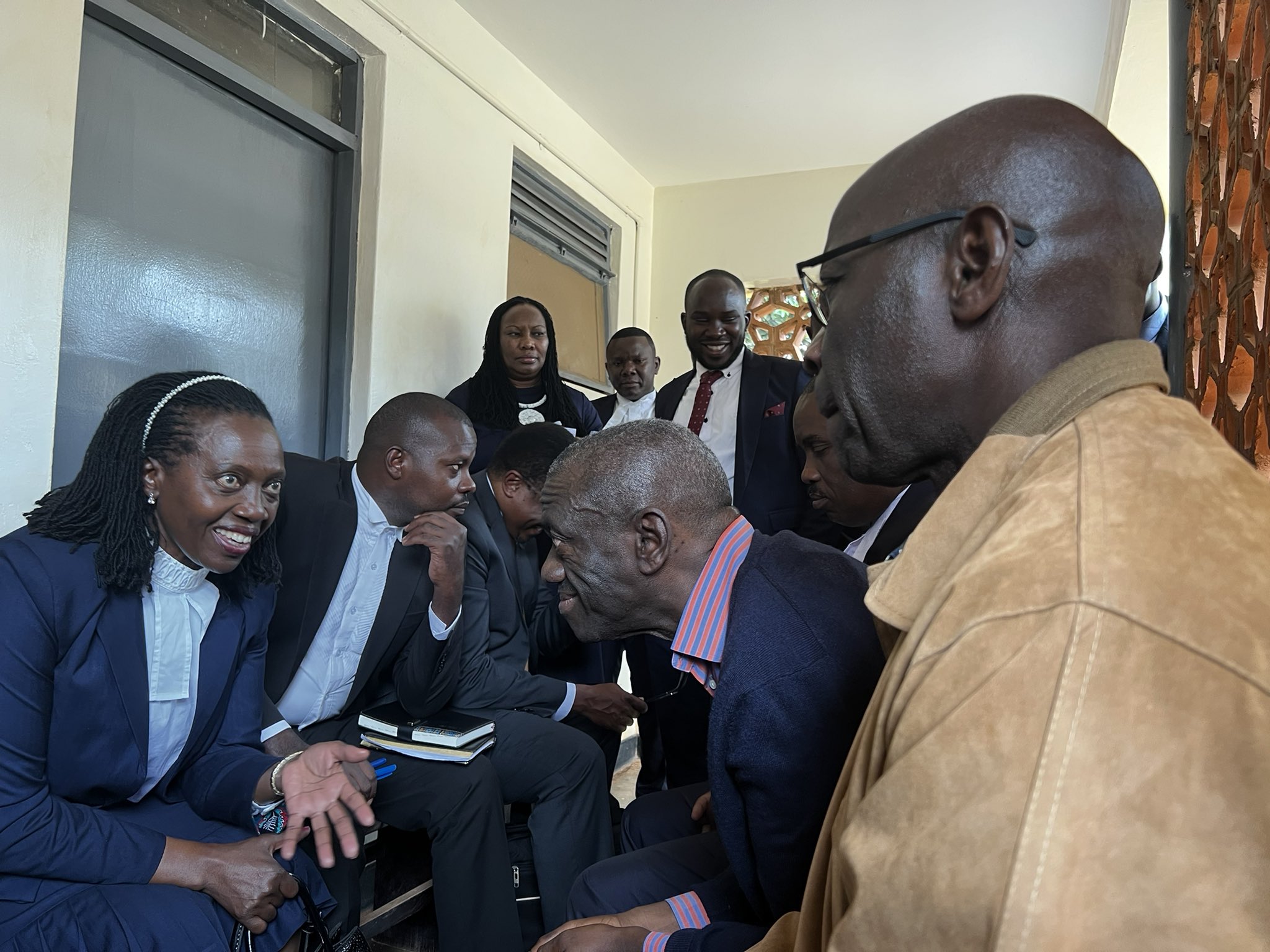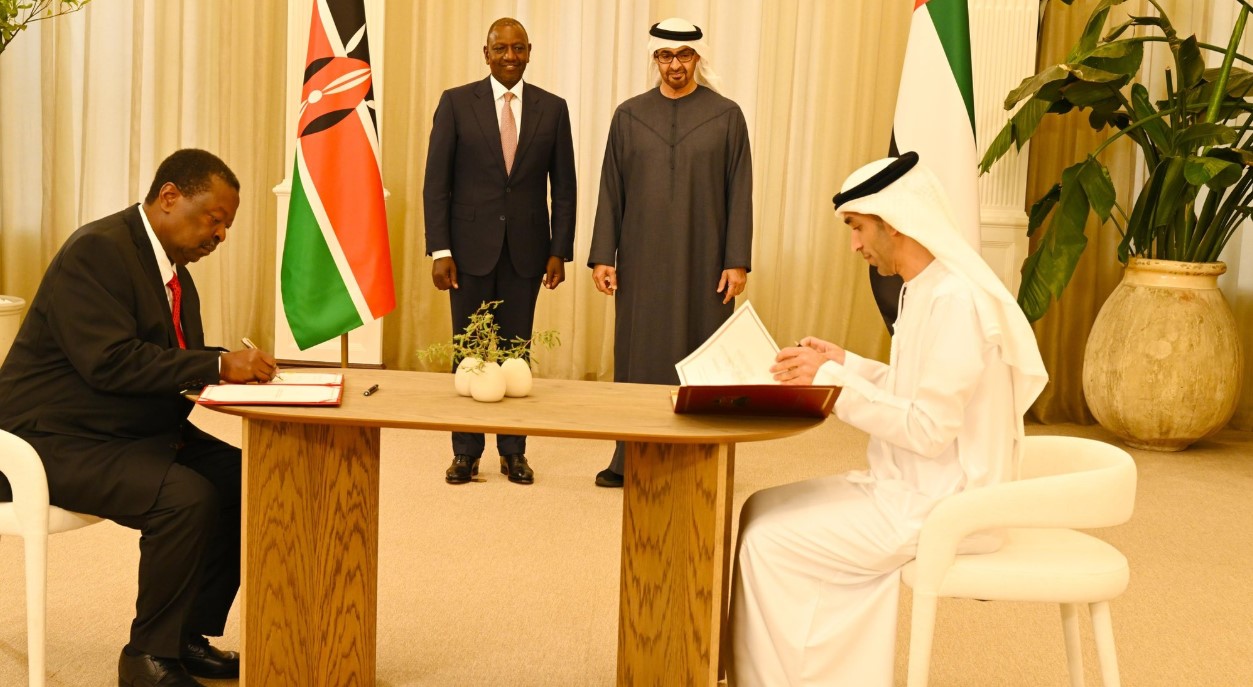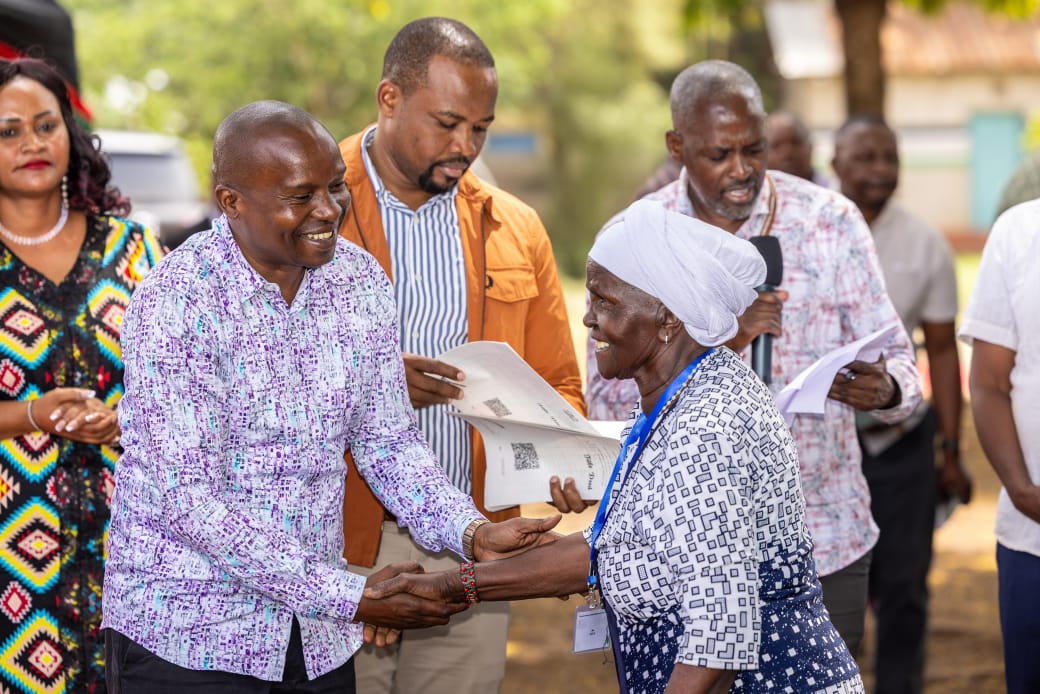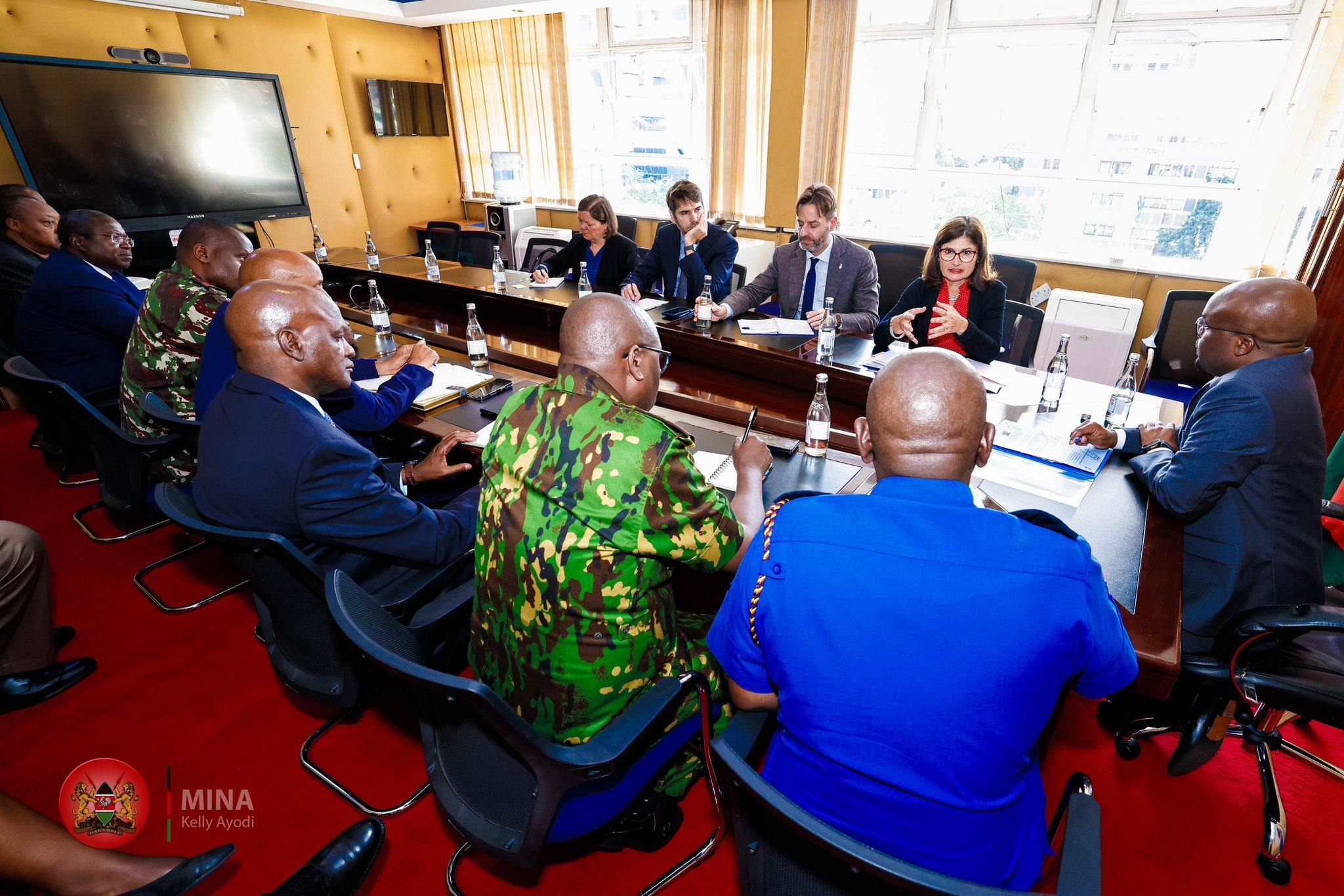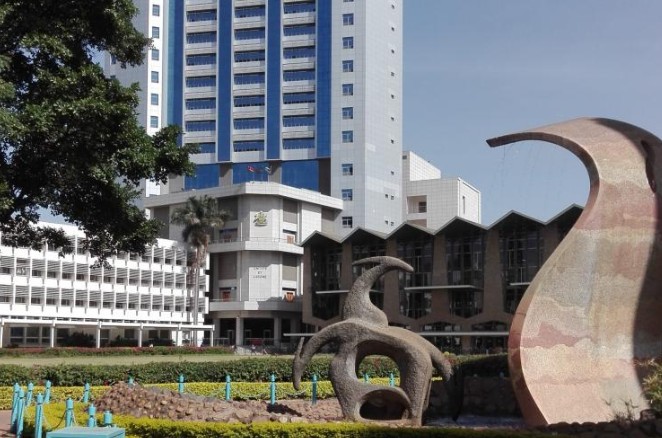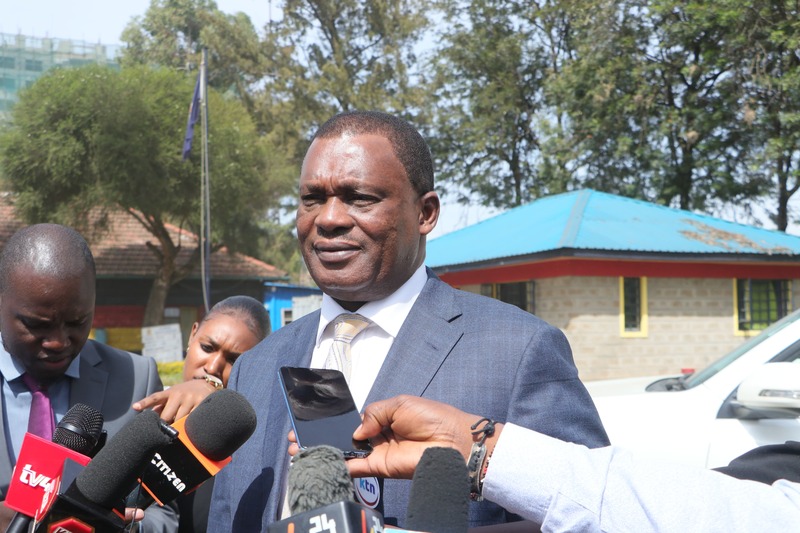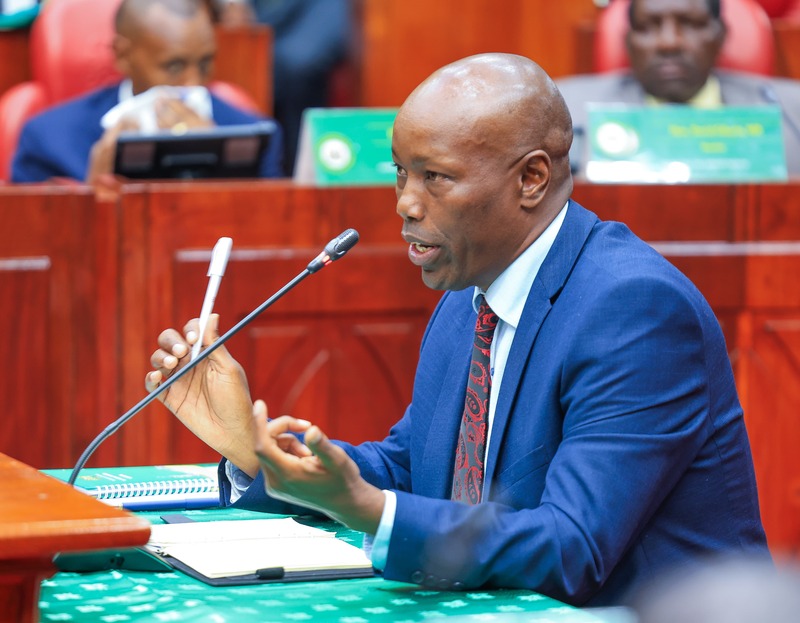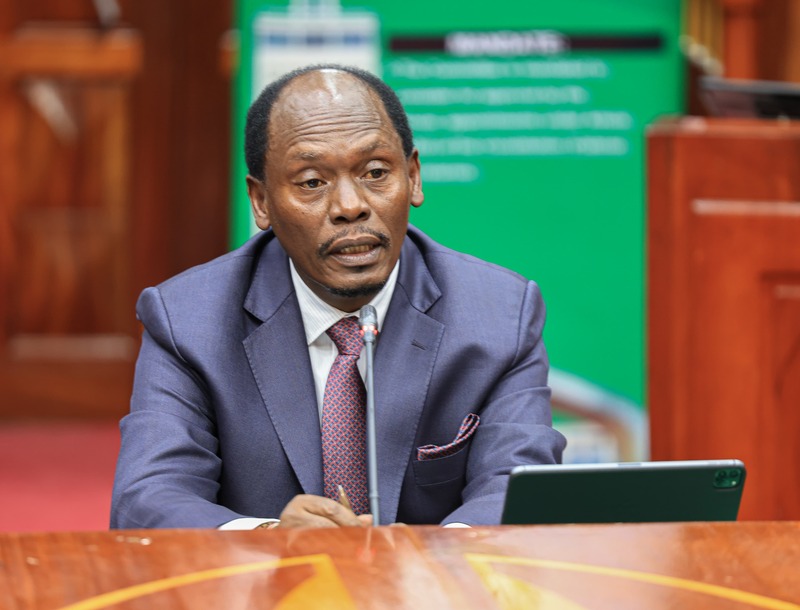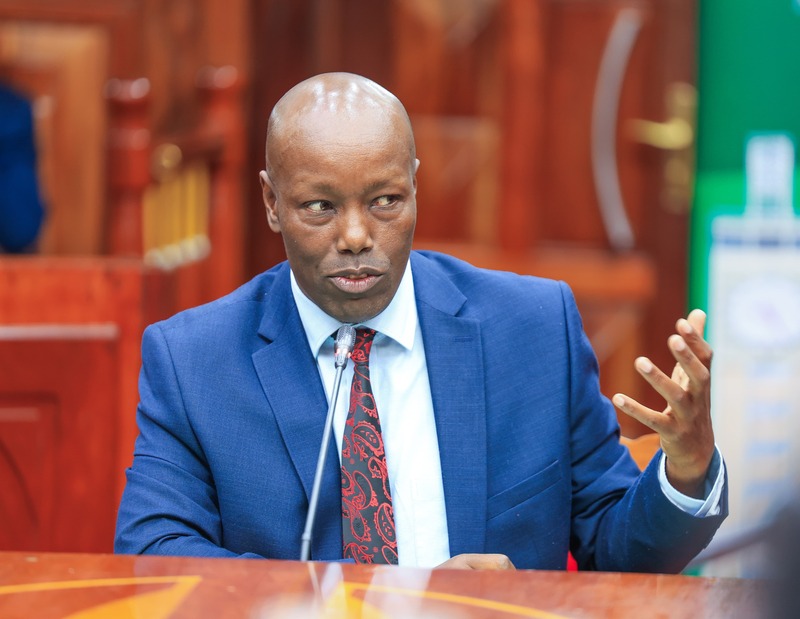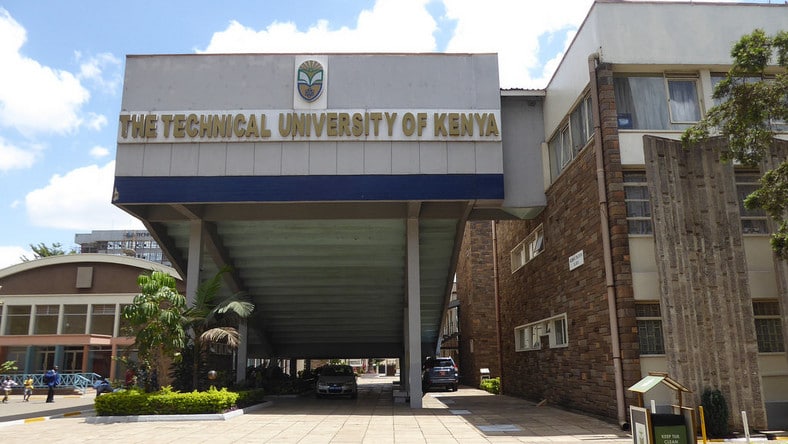Auditor General flags Sh1.3tr borrowed funds the state cannot account for
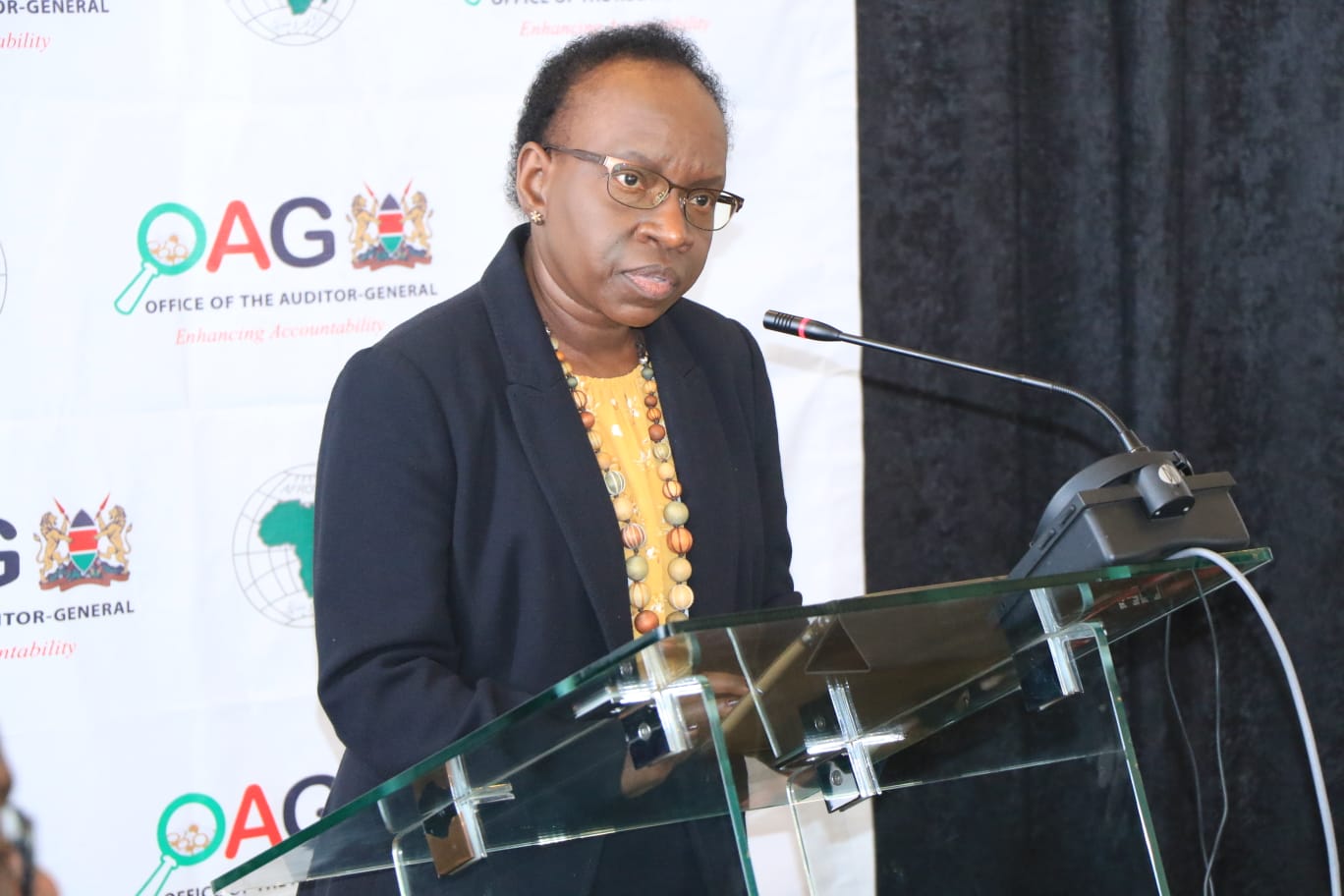
The special audit established that a total of 26 loans were contracted before the respective legal opinions of the Attorney General (AG) were received.
The Office of the Auditor General has revealed what could be a possible squander of commercial loans Kenya received in the past decade.
Its recently issued special audit report on loans Kenya took between 2010 and 2021 shows the country received Sh1.136 trillion in the consolidated funds accounts. However, the accountability of the funds is in question.
More To Read
- Sh48.5 billion lying idle in county funds CBK account despite cash crunch in devolved governments
- Auditor-General flags governance gaps at City Hall but commends Nairobi's financial progress
- Hustler Fund disbursements fall sharply as govt struggles with loan recoveries
- Auditor-General's report reveals Sh6bn wasted on substandard projects in schools
The revelations come at a time when President William Ruto has gazetted a Presidential Task Force on Forensic Audit of Public Debt to conduct a fresh analysis of the Kenyan obligations.
The special audit established that a total of 26 loans were contracted before the respective legal opinions of the Attorney General (AG) were received, contrary to Section 5.4.2.1 of the Debt and Borrowing Policy, 2020.
Of these loans, legal opinions for 25 loans were signed later while the remaining loan was still outstanding as at the time of the audit.
"In the absence of the legal opinion ahead of contracting of the loans, the country was put at risk of entering into agreements whose terms may be unfavourable," the report reads.
In terms of the utilisation of the commercial loans, Nancy Gathungu says the borrowing proceeds from the total 39 loans amounting to Sh1.4 trillion had the approval of Parliament but were used for activities which although included in the budget, were not exclusively for development expenditure.
"No records were maintained indicating which development projects the funds were channelled to."
On the other hand, sovereign and syndicated loans amounting to Sh1.13 trillion which were received into the Consolidated Fund Services (CFS), had no schedule of expenditure showing how the proceeds were used for development expenditure.
Consequently, the special audit could not establish whether these funds were utilized exclusively for development expenditures.
Out of the total loans received in the period under review, three whose agreements were entered into between 2013 and 2015 and are denominated in Euro all totalling €29,510,462 had no information on drawdown.
According to Gathungu, the National Treasury indicated that the drawdown amounts were yet to be shared by the implementing agencies."It was, therefore, not possible to confirm the extent of utilisation of the individual loans."
Further, the report notes that there were unexplained discrepancies between the loan balances as per the National Treasury records and information obtained through alternative audit procedures as of December 31, 2021.
This, according to the auditor, indicates a lack of periodic loan reconciliations.
Going forward, Gathungu recommends that the National Treasury adhere to Section 15 (2) (c) of the Public Finance Management Act 2012 by utilizing all the loan proceeds on development expenditure.
Secondly, it directs that the borrowing process should be strictly adhered to, including seeking the legal opinion of the Attorney General before contracting the loans.
It adds that the National Treasury should carry out a reconciliation of loan balances with the various creditors, and should establish an accountability framework for borrowed funds that specifically identifies the projects or programmes the loans are applied to.
Trending
